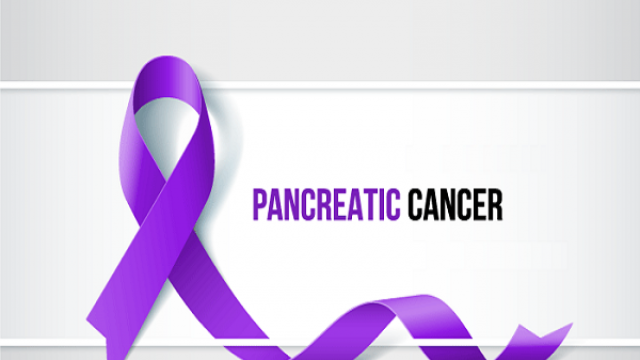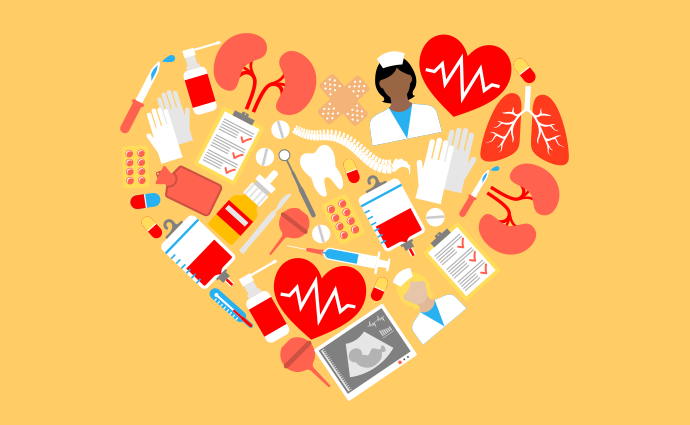
Women tend to lose energy each day and develop some serious deficiencies as they turn 40. These tips may help you stay fit and fab!
Ageing, however inevitable, significantly affects the health of the body cells and causes cellular degeneration. It also reduces eye and bone function and causes a lack of fitness. The weakened brain nerves lead to cognition issues in the body. In addition, depletion of collagen in the body results in poor skin, hair, and tissue health. Too much to take care of, right? But fitness and nutrition need to get their due.
The majority of the people are expected to reach their peak bone mass density around the age of 25 and 30. By the time women reach the 40s, they tend to lose bone mass gradually. This can result in bone diseases like osteoporosis (a disease that makes your bones get brittle and more prone to breakage or fracture). It can even result in Osteomalacia, demineralization of the bones leading to weak muscles and softer bones. However, these can be prevented by carrying out necessary measures such as regular exercise and adequate nutrition.
Additionally, adapting to a healthier and nutrition-filled lifestyle for better bone and body health may help.
Aman Puri, Nutritionist and Founder of Nutrition Daily, spoke to HealthShots about the nutrition deficiencies and health issues that women are at risk as they hit 40.
Here are some fitness and nutrition tips for women in their 40s:
1. Regular exercise
Include strength training exercises in your workout regime. Remember to dedicate at least one hour of your day for exercising or on some days you can opt for a simple walk. It is important that you keep your body active and strengthened with regular exercise to prevent illnesses and fatigue.
2. Calcium
Have foods rich in calcium such as spinach, sesame seeds, almonds, yogurt, paneer, soy and oranges. An average adult needs 1,000 mg of calcium per day and this amount increases to 1,200 mg per day for women above the age of 50.
3. Vitamin D
Do not forget to incorporate vitamin D, as it helps in the absorption of calcium in the body. You can get vitamin D in three ways: through the skin from sunlight, from the diet, and from supplements. The best way is to get vitamin D from foods such as eggs, mushrooms, tuna, salmon, and herringbone. You can also consult a healthcare provider in case the levels of vitamin D are extremely low for appropriate vitamin D supplementation. Vitamin D deficiency is one of the major causes of Osteomalacia.
4. Proteins
Consume a good amount of proteins as this will help in storing the energy and strengthening your body cells. Collagen is the most abundant protein that occurs throughout the body and holds the tissues, organs, bones and muscles together. With increasing age, the collagen stores start getting depleted. Hence, it becomes essential to include collagen supplements in the 40s to ensure a healthy glowing skin, dense and lustrous hair, strong nails and healthy joints and bones.
5. Vitamin A
Another commonly seen health issue people face while entering this phase of life is related to the eyes. Reduced vision, dry eyes, cataract, macular degeneration, and difficulty seeing after dark are some problems. Hence, women should get regular eye check-ups done and increase the intake of vitamin A-rich foods such as carrots, pumpkin, sweet potato, papaya, cantaloupe, and others for maintaining good eye health.
6. Balanced diet
Your immunity tends to get lowered with an advancing age as the body’s ability to make white blood cells, or commonly known as fighter cells, diminishes. This can make you more vulnerable to any microbial infection, delayed wound healing, digestive issues, and low energy levels leading to fatigue. To combat this situation, one should ensure that they consume a balanced diet. Eat seasonal fruits and vegetables everyday and follow a good exercise routine.
Pay attention to your fitness and nutrition, and make ageing a smooth sail for yourself.

 Healthy habits help people sidestep clogged leg arteries
Healthy habits help people sidestep clogged leg arteries



